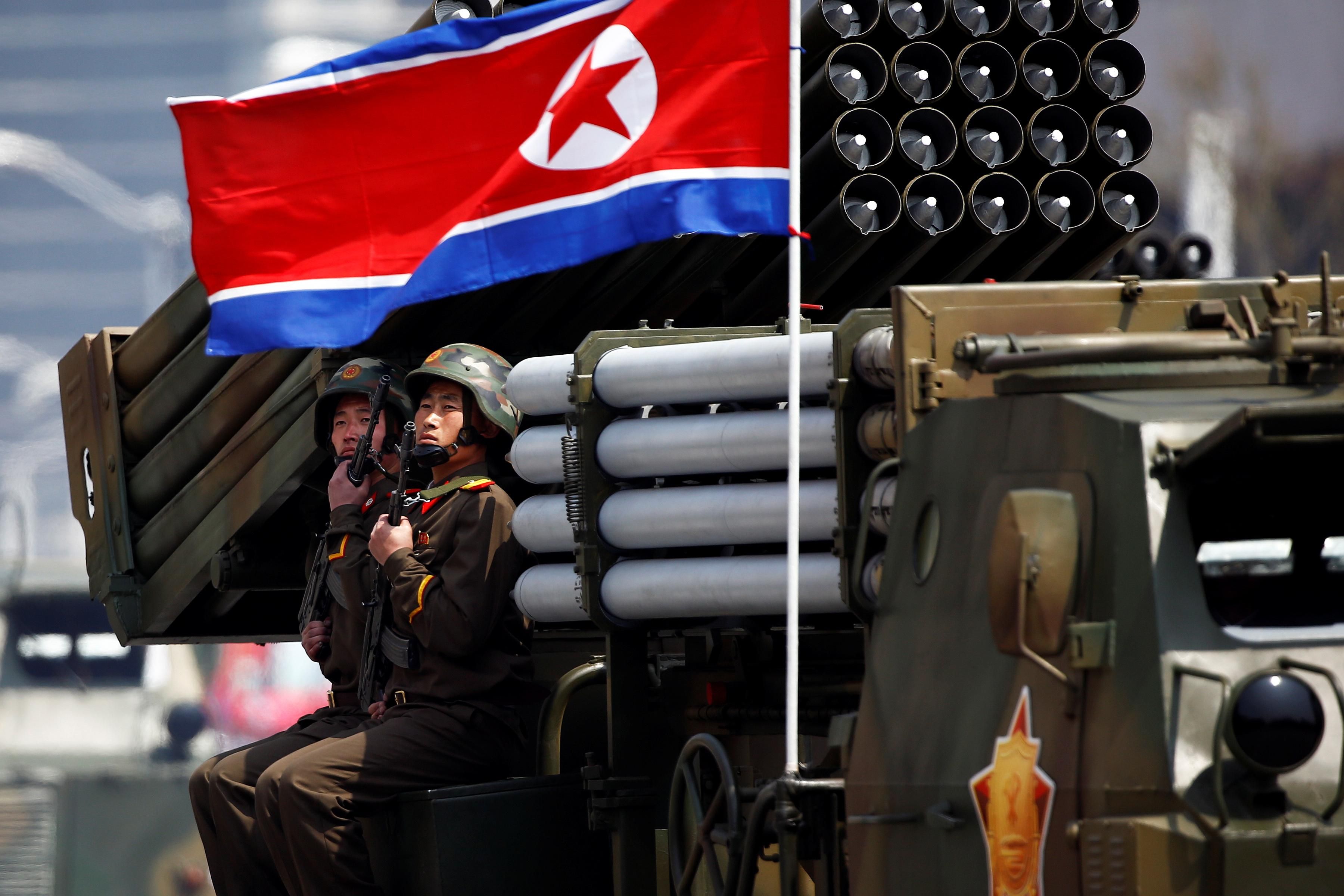Russia scrambles for weapons
Newly declassified US intelligence claims that Russia is buying millions of artillery shells and rockets from North Korea. If true, this is yet more evidence that a Russian military leadership expecting a quick victory in Ukraine following its Feb. 24 invasion has badly miscalculated both Russia’s capabilities and the intensity and effectiveness of Ukrainian military resistance. The weaponry North Korea is providing is not the high-tech, precision-guided munitions that US and European export controls are designed to prevent Russia from producing. These are basic weapons that Russia appears unable to produce in needed quantities. US intelligence also suggests that a significant number of drones Russia has been forced to purchase from Iran have proven defective. These revelations underscore two important problems for Russia. First, Western sanctions are badly disrupting Russian supply lines, making it impossible for the Russian arms industry to produce the weapons that Russia would need to win the war in Ukraine. Second, while China remains happy to buy Russian oil, it has so far proven unwilling to defy US warnings not to violate weapons and parts sanctions against Moscow.
EU tilts toward windfalls
With energy costs now firmly in the stratosphere, the EU will propose a fresh bloc-wide windfall tax on energy companies. The proceeds of the temporary measure, which EU energy ministers will debate on Friday, would be used to support households and energy-intensive industries struggling amid the continent’s worst energy crisis in half a century. In a twist, the measure will include even renewable energy companies that do not depend on hydrocarbons. After all, these companies have also seen record profits over the past year because all European energy prices are now based on gas prices, which have soared due to post-pandemic supply crunches and Russia’s invasion of Ukraine. Italy and Spain have already tried versions of these taxes, and Germany last weekend unveiled a $65 billion scheme of its own that depends in part on windfalls. The EU hopes the measure — combined with fresh caps on Russian gas prices and other incentives to cut energy consumption voluntarily — will help the bloc weather its worst energy crisis in half a century. But there are questions about how to structure a windfall tax that is both legal and fair. Now that we’re into the months that end with “r”, Brussels has precious little time to figure it all out. Winter, as they say, is coming.
Indonesians protest fuel price hike
Thousands took to the streets on Tuesday to demand that Indonesia’s government reverse its whopping 30% fuel price hike to cover the rising cost of energy subsidies, which have tripled this year to $34 billion amid soaring global prices. But this is a sensitive political issue in Indonesia, where in 1998 a similar move triggered a public uprising that toppled longtime dictator Suharto. President Joko Widodo — aka Jokowi — has failed thus far to cut decades-long energy subsidies that the state can no longer afford due to its declining oil and gas output, but now felt he had no choice but to introduce the first hike in eight years. The protests are a rare public rebuke of the otherwise popular Jokowi, whose approval rating has almost always been north of 60%. Demonstrators say they won’t go home until the hike is scrapped, but the president — in the middle of his second and final term — is unlikely to back down. One candidate running to replace him in 2024 is hardline Defense Minister Prabowo Subianto — a big fan of the authoritarian rule of his father-in-law, Suharto — who lost to Jokowi in 2014 and 2019.More For You
With close ties to both the US and China, can Singapore survive in an increasingly fragmented and chaotic world? Singapore’s President Tharman Shanmugaratnam joins Ian Bremmer on the GZERO World Podcast.
Most Popular
Think you know what's going on around the world? Here's your chance to prove it.
This week, Prime Minister Keir Starmer became the first UK leader to visit China in eight years. His goal was clear: build closer trade ties with Beijing.
